World
The modern world cannot be studied without examining the course, impact and legacy of two world wars, the resources in this section set out to look at both the First and Second World Wars in their global context. The section also includes the Cold War and its impact in Latin America, South-East Asia and parts of Africa. This period also sees the rise and fall of European imperialism and the changing nature of global politics and economics as technology brings different stories from so many parts of the world directly to us. Read more
Sort by:
Date (Newest first) | Title A-Z
Show:
All |
Articles |
Podcasts |
Multipage Articles
-

'The Generous Turk': Some Eighteenth-Century Attitudes
ArticleClick to view -

'Women and Children first!' a lost tale of Empire and Heroism
ArticleClick to view -
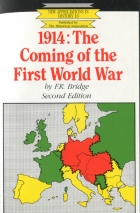
1914: The Coming of the First World War
ArticleClick to view -

A-Level Essay: To what extent does the art of the Edo period of Japan reflect the contentment of the classes within its society?
ArticleClick to view -

A-level Topic Guide: USA in the 20th century
Multipage ArticleClick to view -

After the revolution: did Cromwell, Washington and Bonaparte betray revolutionary principles?
ArticleClick to view -
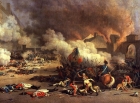
Age of Revolutions Resources
InformationClick to view -
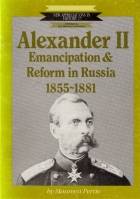
Alexander II
ArticleClick to view -
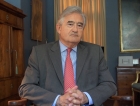
An Interview with Antony Beevor (Film)
Multipage ArticleClick to view -
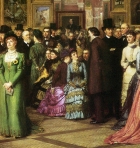
Anorexia Nervosa in the nineteenth century
ArticleClick to view -

Antarctica 100 years on from Captain Scott
ArticleClick to view -

Anti-Americanism in Britain during the Second World War
ArticleClick to view -

Attitudes to Liberty and Enslavement: the career of James Irving, a Liverpool slave ship surgeon and captain
ArticleClick to view -

Bertrand Russell's Role in the Cuban Missile Crisis
ArticleClick to view -
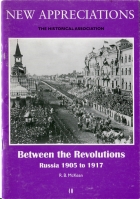
Between the Revolutions: Russia 1905 to 1917
ArticleClick to view -

Brazil and the two World Wars
ArticleClick to view -
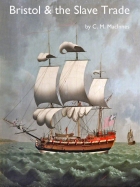
Bristol and the Slave Trade
ArticleClick to view -

Britain and the Formation of NATO
ArticleClick to view -

British Cooperation with the Zionist Agency in Palestine 1940-42
ArticleClick to view -
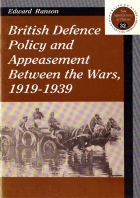
British Defence and Appeasement Between the Wars 1919-1939
ArticleClick to view

